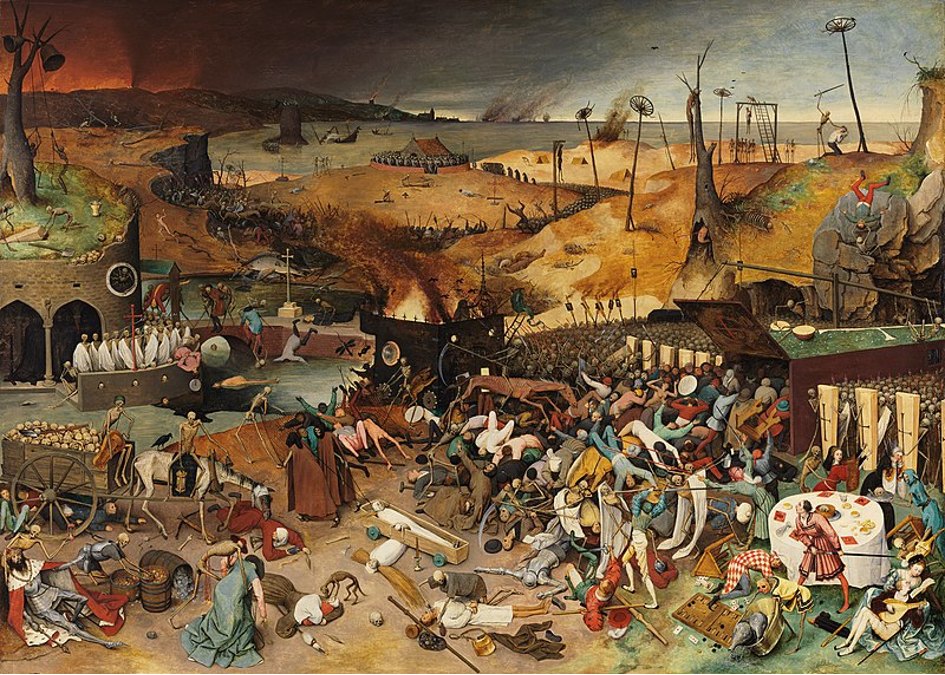
EPIBEL (EPidemics and Inequalities in BELgium from the Plague to Covid-19: What can we learn about societal resilience?) is a collaborative research project between historians and demographers from the University of Antwerp, Ghent University and UC Louvain. It is funded by the BRAIN-be 2.0 program (2018-2023) of the Belgian Federal Science Policy (BELSPO).
Facemasks might be helpful to overcome COVID-19, blindfolds most certainly are not. And yet, scientists and policymakers working to assess, absorb and overcome the impact of COVID-19 often seem to work blindfolded, as the crisis presently unfolding is presumed to be ‘unprecedented’.
EPIBEL argues that this is not the case and that there is a lot to be learnt from epidemic history, most notably with regard to inequalities in impact and resilience. As COVID-19 makes clear, epidemics are far from ‘universal’ shocks: some people are much more likely to suffer in their health and their material wellbeing than others. However, as the pandemic is still unfolding, our understanding of these inequalities is still limited. We do not yet fully understand who suffered and why they suffered. What is more, we ignore how this social bias in impact will eventually affect societal resilience – the way societies are able to absorb the shock and adapt to prevent similar shocks in the future.
EPIBEL hence mobilizes the wealth of information on differential vulnerability and resilience following major epidemics in the history of Belgium/the Southern Low Countries, in order to improve our understanding of societal resilience today, in three interacting domains: health, economy and social care.
In order to do so, EPIBEL first of all examines the role of socio-demographic and -economic inequalities in COVID-19 mortality. Who died as a result of the pandemic? Besides age and gender, how did place of residence, occupation, education or income shape the risk of dying from COVID-19? Secondly, EPIBEL investigates whether inequalities in COVID-19 mortality differed from previous epidemic outbreaks, both in their short-term impact and in longer-term resilience. Thirdly, EPIBEL aims to understand whether inequalities in the economic impact of epidemic outbreaks mirrored pre-existing socio-economic inequalities, how they interacted with health inequalities, and how they compromised societal resilience. Fourthly, EPIBEL investigates how the scale and organisation of social care and welfare systems might mitigate the effects of an epidemic outbreak on the poor and foster their resilience. Finally, EPIBEL informs policymakers on the importance of inequalities when promoting societal resilience. How have ‘epidemic policies’ in the past affected resilience? Are policies which explicitly take into account inequalities more efficient in promoting resilience than more ‘universal’ policies?
